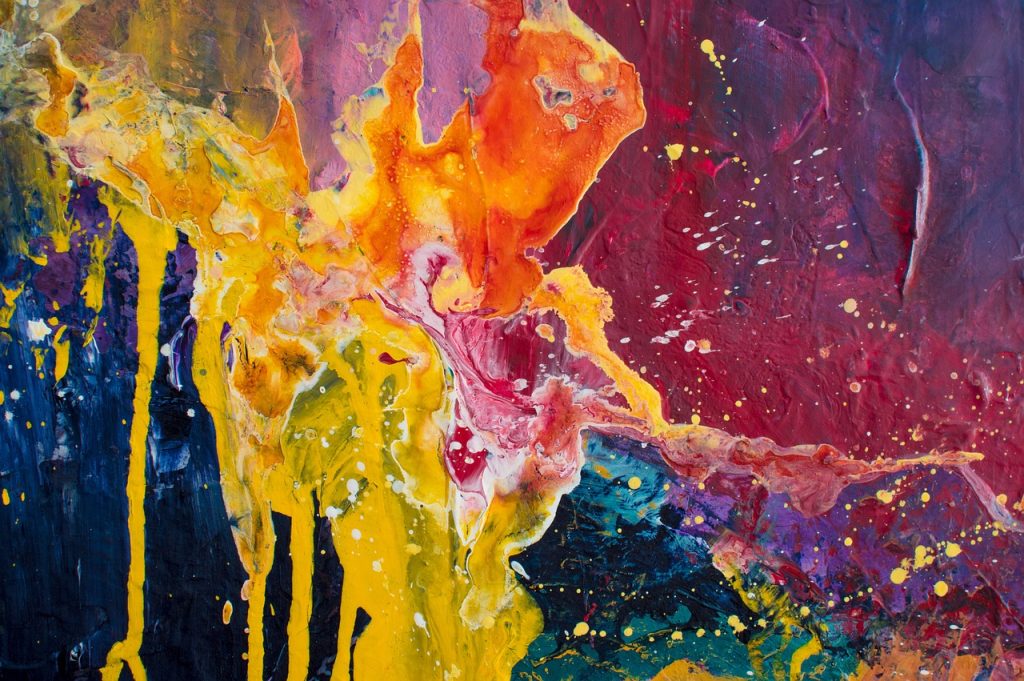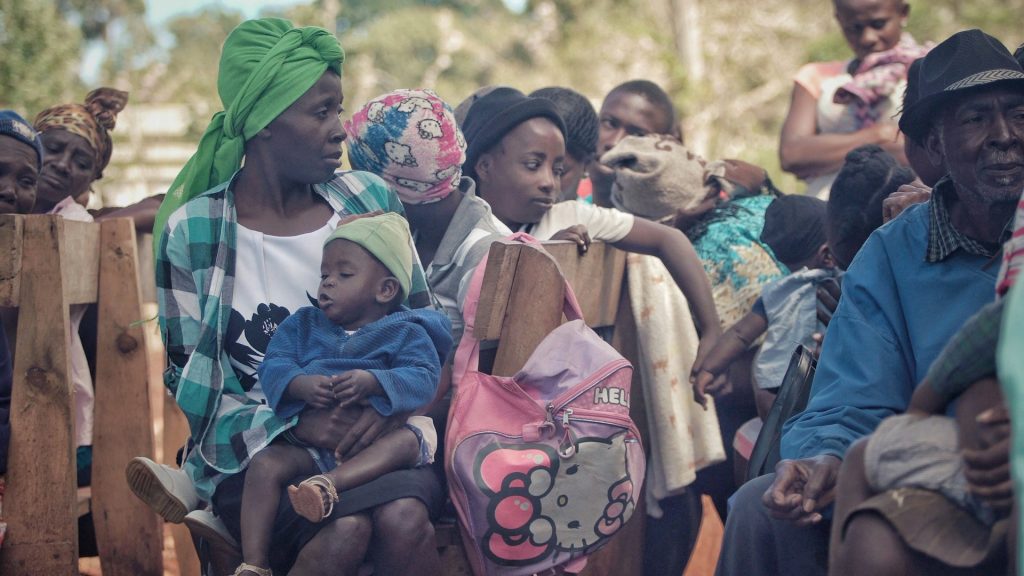Inhale Exhale
Editor’s note: This is dedicated to our friends in India, suffering from the effects of Covid.
Inhale Exhale - Jahnavi Pandya
Song Credits
Lyrics by Pallav Pandya
Composed by Jahnavi and Pallav Pandya
Music arranged by Candida Maria Lobo
Sung by Jahnavi Pandya
Backing vocals by Candida Maria Lobo, Varenyam Pandya, Pallav Pandya
Translated by Candice D’souza
Translation excerpt:
Beautiful is the peace that is within,
It is bereft of the illusions of the world (casteism, racism, inequalities)
It is beyond happiness and sadness
Oh can you imagine where would you find such a beautiful experience?
ONLY WITHIN
Inhale.. Exhale..
The inner world of your consciousness is so peaceful and calm
Peace is the nature of the soul
Expectations are the root of all disappointment
Over-analysis destroys peace and happiness
Inhale.. Exhale..
Feel the joy of your breathing
Conscious coordinating of the rhythm of your breathing, is indeed an invaluable luxury
Inhale.. Exhale..
Sam Guarnaccia | Jahnavi, how does music inform your work as a psychologist? Or, how does the realm of psychology inform your music?
Jahnavi Pandya | Music activates certain parts of your brain which are also related to decision-making. Music helps you to be more creative, especially when you improvise. In India we have ragas. A raga is a discipline where you stick to certain notes, okay? But you also improvise with unique combinations of these notes. That kind of an improvisation helps you become more creative – to be within a limit but go beyond it. And I can use the same thing in psychology.
Music can be really powerful in influencing the way you think, in influencing your behavior and your actions – just like media. And in the same way as media, music can also be kind of dangerous if you’re not using it in the correct ways. Say if you’re already in depression, for example, and you’re listening to certain kinds of songs… But generally, music makes me creative and psychology makes me more wise on how to use my music.
Sam Guarnaccia | Your father was a big influence?
Jahnavi Pandya | Yes, I got exposure to a wide variety of music because of my father. Because he is global. He learned Arabic music from an Arab teacher. He went to an American teacher and learned jazz. So that kind of an influence also helped me.
Sam Guarnaccia | You embrace social issues in your music.
Jahnavi Pandya | We came up with a song for suicide prevention awareness, and this was made with team of doctors and psychologists. When I was in the ninth grade my brother was four years old and we sang the song. One version was also sung by my father and a renowned singer in India.
I would also post things on stress management, because I started reading books on psychology at a very young age. So whatever I would learn I would just make a video and put it up on YouTube, and 5, 10 people, 30 people would watch it. And then suddenly one day, I remember because I was in the first year in college, I woke up to see that one of my videos had 100,000 views overnight. And people stared commenting, “Can you tell us how to do this? Can you tell us how to do that?
And I learned that in India, rural kids don’t even know that there’s a subject called psychology. They don’t know that they can study something like this. So I just started putting videos on about my experiences, how I studied, how I got into college. It started as an effort for suicide prevention awareness because more than 250 children commit suicide every day in India. So it started off as that, but then it went beyond.
As soon as I learned something, I started putting it up on YouTube. I did not want them to go through the same struggles that I had to go through. How to apply for studying abroad and those kinds of things. So, such small things, I just started uploading videos and now I make videos on psychology and mental health awareness using music. I explain each concept of mental health – like fear – through a song, guilt through a song. I explain guilt and then I present a song to make it more easy and understandable .
Sam Guarnaccia | And it’s mostly youth of different ages?
Jahnavi Pandya | Largely the following is from 18 to 24.
Paula Guarnaccia | We know from our time with you in India that you have extraordinary compassion for the people of your country and I’m thinking about the night you went out to help the people who couldn’t get into the hospital. There were people who were very ill on the street in Mumbai outside the hospital, and you were using music to elevate their spirits – in the middle of the night basically.
Jahnavi Pandya | Yes, I want to use music as a tool to reach to the masses.
Because if you say something through music it just goes into the head, it just becomes a culture. As a psychologist I can’t just ‘make’ a culture – but I know that music influences the culture and obviously the culture influences music, And in that sense I want to continue making songs to explain difficult concepts in mental health, and take it to the people. I don’t want to be limited to one-on-one practice. I want to reach more people through social media or through other resources. And I know that the best way for me, from what I’ve found, is to do it through music.







